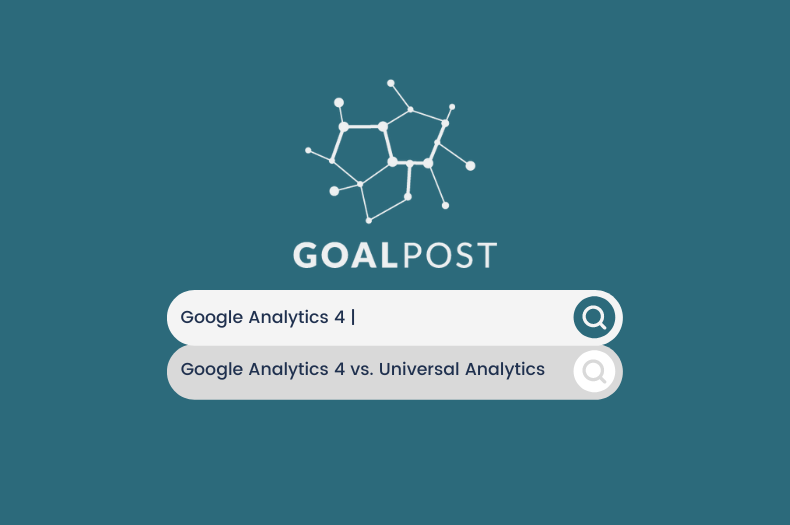Google Analytics 4 is the future.
Businesses are constantly facing new challenges in this ever-evolving digital landscape. They have to understand complex user journeys while still focusing on privacy. This is why Google introduced Google Analytics 4. It uses machine learning technology to generate and predict new insights, providing a strong analytics experience with the ability to measure many different kinds of data.
This modernized solution is intended to have a positive effect on businesses, delivering essential, high-impact insights. The old measurement system exclusively relied on cookies which is a method now becoming obsolete. Google Analytics 4 offers a more comprehensive overview of data and will no longer store IP addresses. GA4 is designed with privacy as its foundation, helping to provide a better experience for businesses and their customers.
That being said, here are some common questions asked about Universal Analytics vs Google Analytics 4.
Is Google Analytics 4 (GA4) replacing Universal Analytics?
Google Analytics 4 is the next-generation measurement solution replacing Universal Analytics. On July 1, 2023, standard Universal Analytics properties will stop processing new hits. If you still rely on Universal Analytics, it’s a good idea to start using Google Analytics 4 going forward.
What’s the key difference between Google Analytics 4 properties and Universal Analytics properties?
Unlike Universal Analytics, a Google Analytics 4 property incorporates User ID natively across all reporting, analysis, and insights and does not require a separate User-ID reporting view. The system will also no longer rely on cookies, which is an out-of-date methodology.
Can I have both Universal Analytics and GA4?
If your Universal Analytics property is implemented with gtag. js, you can dual tag for your Google Analytics 4 property in one of the following ways: Use the GA4 Setup Assistant and select the option to “Enable data collection using your existing tags” (This option uses a feature called connected site tags).
How do I switch from GA4 to Universal Analytics?
In the “Property” column, select the “Universal Analytics” property that currently collects data for your website. Then, click “GA4 Setup Assistant.” It is the first option in the column. Lastly, click “Get started” under the “I want to create a new Google Analytics 4” property.
Why you should migrate to GA4
The sooner you switch to GA4, the sooner you’ll start accumulating data that you’ll have access to after December 2023. If you wait until you have no choice in July, you won’t have much data to go off of when you start using GA4. GA4 also has a variety of benefits that Universal Analytics doesn’t. Ultra customization, faster, predictive insights, event-based tracking, cross-platform reporting, AI, and more — Google Analytics 4 really is for the future.
How GA4 helps businesses
GA4 can help you understand your customer’s journey at all touchpoints with a complete, in-depth view using an event-based measurement model. It can also improve your ROI by using data-driven attribution. With these features, you’ll be able to see how your marketing collectively impacts your conversions. Google Analytics 4 makes it easy to optimize your marketing with direct access to your insights. In the end, you’ll get greater value from your data thanks to GA4’s machine-learning technology.





